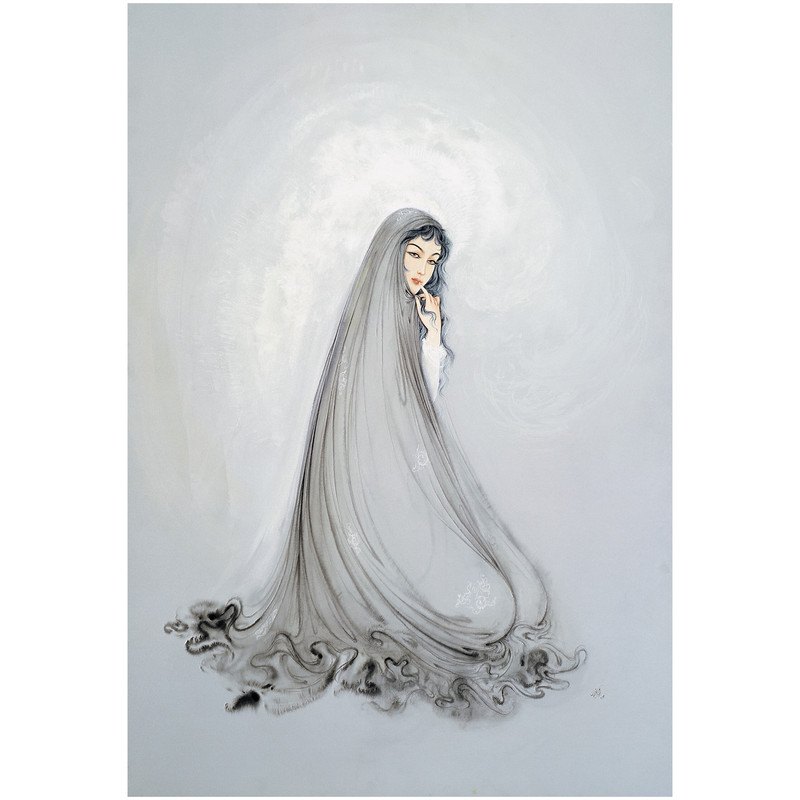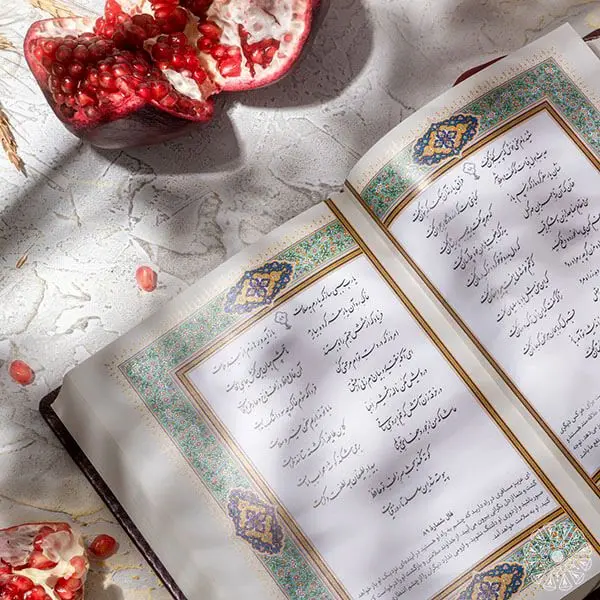On the occasion of Hafez Day
Behind the veil of Persian poetry lies a rich tapestry of symbolism and metaphor. Hafez, the master of the ghazal, employs feminine imagery to convey profound spiritual and philosophical concepts. By delving into his works, we can uncover the complex and nuanced portrayal of women in his poetic world.
Hafez: The Timeless Poet
Hafez is the poet of all ages. A ghazal master whose form epitomizes national literature, he has united all peoples with the profound themes of his mysticism and romance. Anyone who has a slight connection with the language and poetry of Hafez in the Iranian plateau considers themselves Iranian forever and is proud of it.
Hafez’s Language and Thought
Shams al-Din Muhammad Hafez Shirazi, the poet of the 8th century AH, was born, lived, and passed away in Shiraz. He advanced the Persian language by thousands of steps and elevated speech to its peak.
Hafez is not only an enhancer of poetry but also Persian prose is eternally indebted to him. His method of using words is so advanced and sophisticated that it has baffled his audience for centuries and has marginalized all poets after him. Without a doubt, he is the poet who is considered the standard, grandeur, and poetic genius in Iranian language and thought.
Hafez, Islam, and Iran
He is a scholar-poet who includes society and humanity in his thinking and specifies the relationship of both with heaven and earth.
A Bridge Between Literary Giants
Hafez is the spiritual bond between Sheikh Moshfeq al-Din Saadi and Maulana Jalal al-Din Rumi. He possesses the delicacy, beauty, thought, and feeling of both great poets before him in his resonant pen and miraculous fingertips.
A Quranic Poet and Islamic Scholar
He is a Quranic poet, deeply Islamic, and at the same time, a national and patriotic poet. When he says, “In the tavern of the Magians, I see the light of God, it’s amazing what kind of light I see from where,” it rarely occurs to anyone that the poet is referring to his Iranian identity with such subtlety and looking at the sacred flow of fire and light with such a spiritual feeling.
And this is while he proudly calls himself Hafez and is equipped with memorizing the Quran with fourteen narrations. His poetic weapon is the Quran, and the grandeur of his intuition springs from this boundless ocean of revelation and spirituality. A patriotic and religious poet who has lit the way for the future of Persian speech with a lamp in hand.
A Beacon of Light in a Materialistic World
Hafez is the pride of poverty and contentment, and in today’s world-weary and materialistic world, returning to the springs of his wisdom can free us from the confines of our damaged spirit and psyche and create abundant hope.

Hafez and the Status of Women
A Heavenly Respect for Women
The final point in this note is Hafez’s view of women. Unlike the so-called modern and postmodern artists who have turned women into tools for creating the most heinous works in all areas, Hafez has a heavenly respect for women and considers her the guardian of the sanctuary of modesty and chastity of the divine realm.
The Veil as a Symbol of Chosenness
He describes the woman’s veil as a beautiful image of her chosenness and considers human access to the pure feminine lap impossible unless that lap is the place for the cultivation of mystics.
“Dwellers of the sanctuary of modesty and chastity of the spiritual realm
With me, they became companions in the drinking of intoxicating wine
The heavens could not bear the burden of trust
The lot fell to my crazy name”
From the perspective of the Tongue of the Unseen, “woman” is a beloved flower that no one can dare to reach her unparalleled alley.
“O you who pass by the alley of our beloved Beware, its wall breaks”
From: jahanbanou.ir


